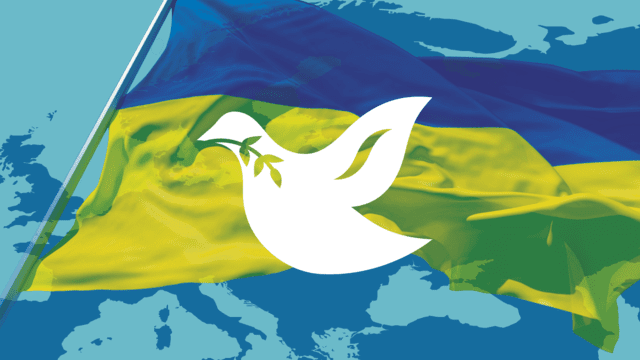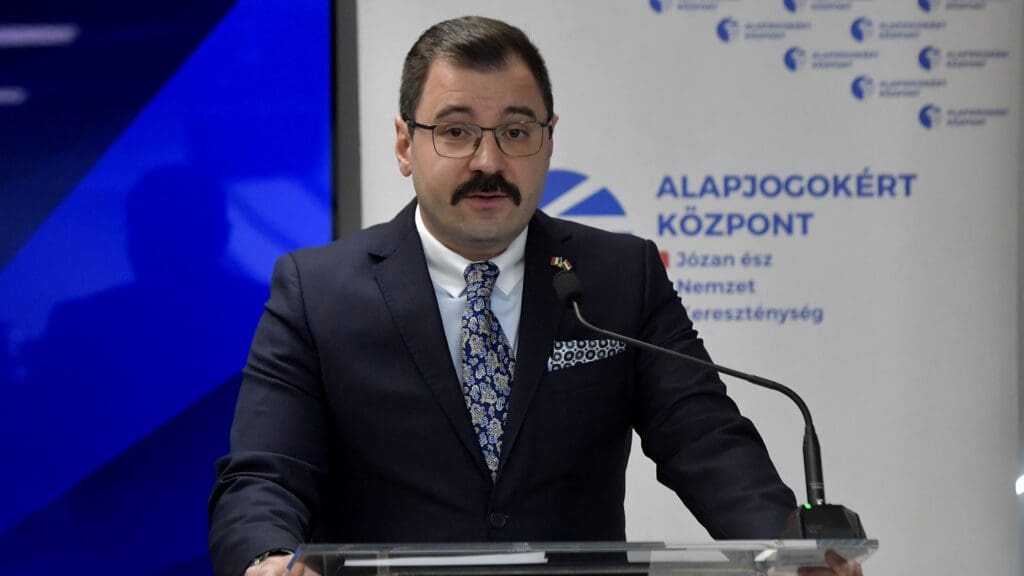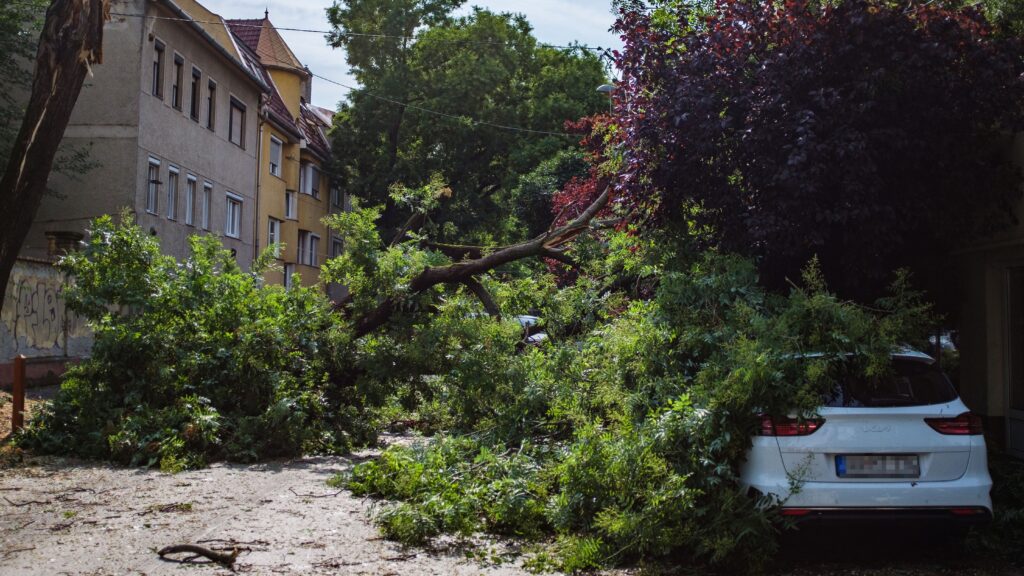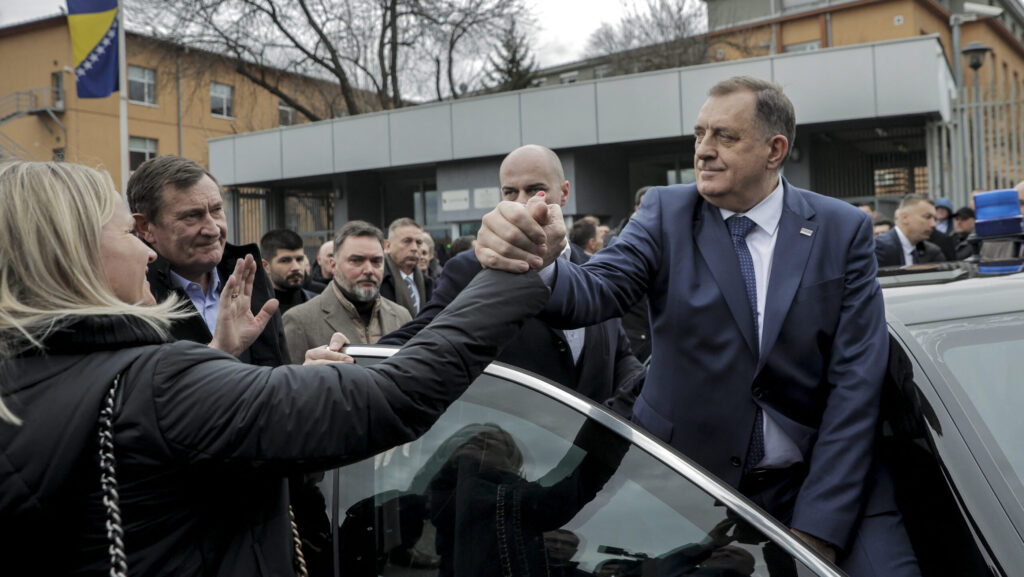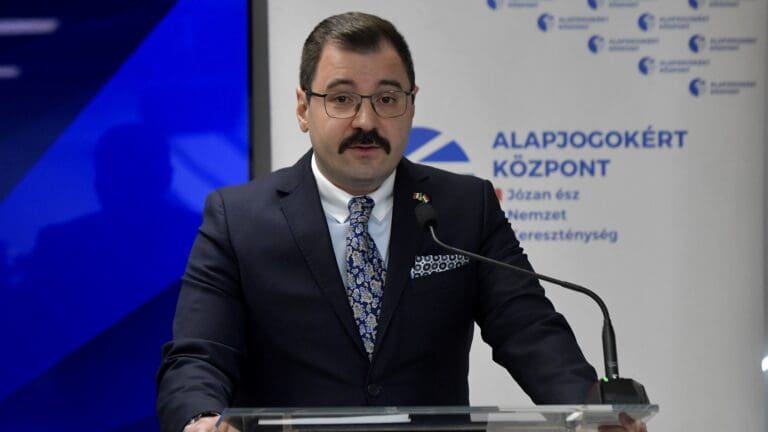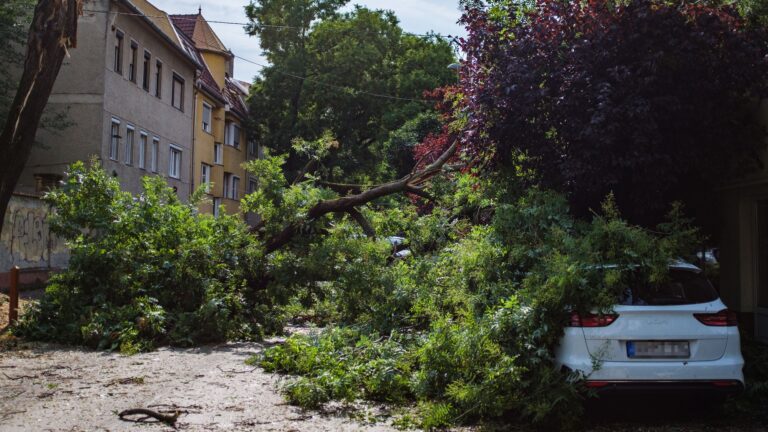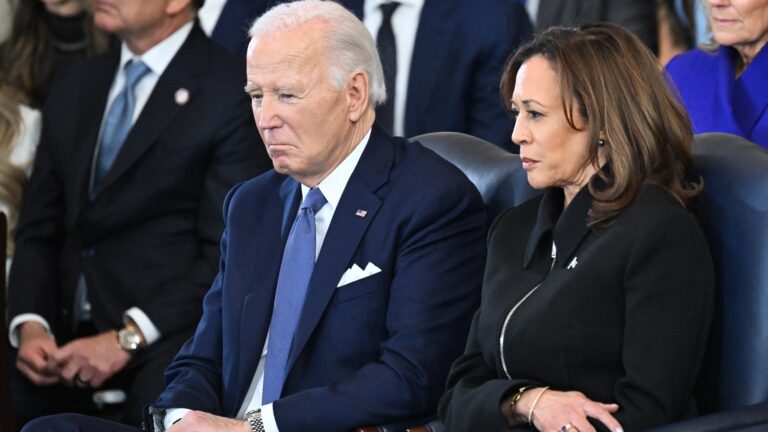Századvég Foundation has released the findings of their recent opinion poll conducted on a representative sample of one thousand Hungarians, which show that the majority condemns statements in favour of war.
In its analysis published on Friday, Századvég Foundation recalled that Prime Minister Viktor Orbán stated in February, following the summit of EU leaders, that the Hungarian government supports an immediate ceasefire to avoid further loss of life. The prime minister emphasised at the time that ‘Hungary belongs in the pro-peace camp.’
Századvég reminded that Hungary’s government has been providing humanitarian aid to Ukraine since the beginning of the conflict, while at the same time advocating for an immediate cessation of hostilities, and the negotiation of the parties involved for a quick peace agreement. The direction of government policy is in line with the expectations of the population, as the overwhelming majority of Hungarians are in favour of an immediate and compromise-based resolution to the Russian-Ukrainian war.
The pacifism of the population can be attributed to the fact that
Hungarians do not support measures that would hinder the conclusion of the war, the analysis said.
The government’s pro-peace position has been criticised by international public figures in recent times with the intention of exerting pressure on the government and the country itself. Věra Jourová, Vice-President of the European Commission, said that ‘Hungary must be called out more often, particularly about its positions on Russia and the war.’ According to the survey, more than half (56 per cent) of respondents disagreed with the Brussels politician’s statement, as opposed to 36 per cent who rather agreed with it.
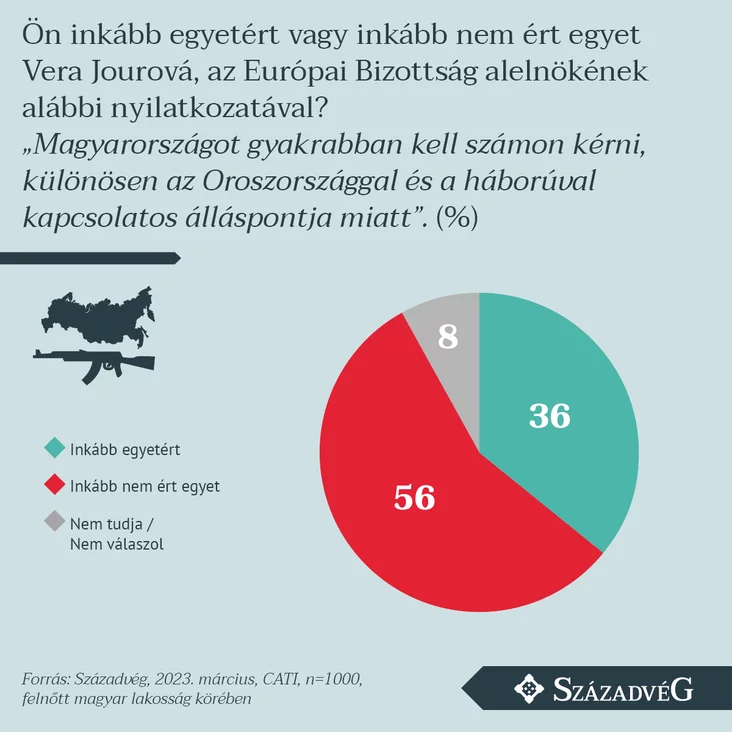
Similarly, David Pressman, the United States Ambassador to Hungary, responded to Orbán’s call for an immediate ceasefire by saying that there is no such thing as a ‘pro-peace camp’ or a ‘pro-war camp’. The poll found that 58 per cent of Hungarians do not approve of the ambassador’s remarks.
The opinion of those surveyed was also asked about what Roberta Metsola, the President of the European Parliament, said earlier this March during her visit to Ukraine. The politicians suggested that EU member states should send more weapons to Ukraine and consider the delivery of fighter planes as well. The Századvég poll found that 7 out of 10 respondents oppose the president’s proposal, the foundation reported.
Századvég considered it interesting to find out what consequences the three statements might have on the further course of the war in the view of Hungarians. Most respondents (54 per cent) believe that
the statements could cause a further escalation of the conflict,
16 per cent thought that they could lead to a decrease in violence, and 30 per cent did not express a clear opinion.
‘The pro-peace stance of Hungarians remains unchanged and the majority reject proposals that carry the risk of making peace impossible,’ Századvég wrote.
About the Foundation
Századvég Foundation is a Hungarian conservative think tank that was established in 1988. The organisation’s name translates to ‘End of the Century,’ and it was founded just before the end of communist rule in Hungary. Its mission is to promote conservative values and policies, including free-market economics, traditional family values, and national sovereignty.
The foundation has been influential in shaping Hungarian public policy since the early 1990s, particularly during the conservative government of Viktor Orbán. The Századvég Foundation has conducted numerous studies and surveys on a range of topics, including politics, economics, and social issues. Its research has been cited by the Hungarian government and other conservative politicians as evidence to support their policies.

